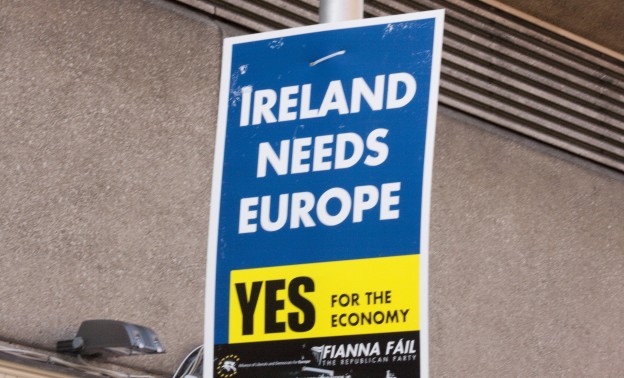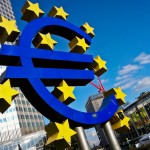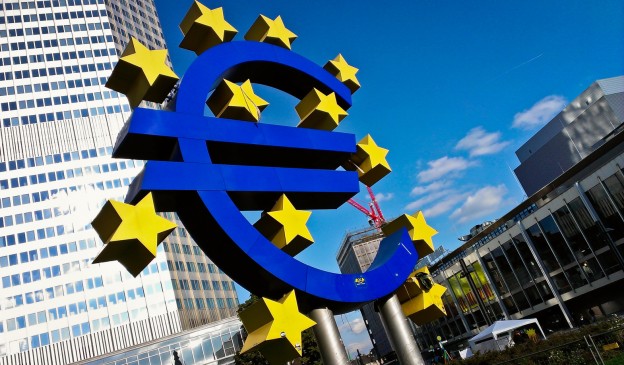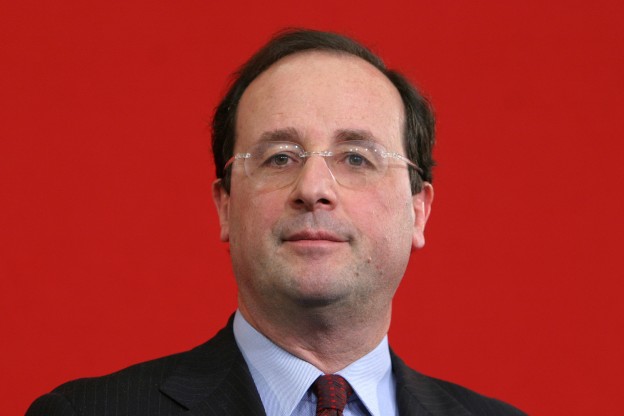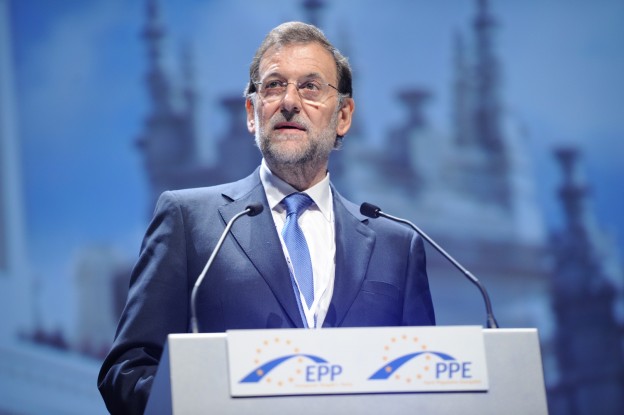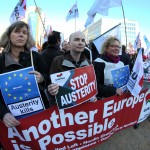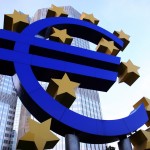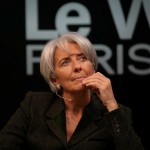High hopes, grandiloquent speeches, beautiful office buildings and elegantly designed symbols. All the seemingly necessary elements for a functioning supranational union are in place, but the recession plaguing the Eurozone is here to stay. According to EU’s spring economic forecast, eurozone is not about to bounce back from its current state anytime soon. With its stubborn and archaic policies, France is one of the countries preventing growth.
Olli Rehn, EU commissioner for economic and monetary affairs said that France might receive an additional two years to bring its deficit within the target three per cent of gross domestic product. France’s dire state can be explained by the country’s president Francois Hollande’s policies which are a mixture of nationalism, socialism and protectionism.
New York Times, hardly a champion of free markets, lamented Hollande’s misguided pride over preventing Yahoo from purchasing a controlling stake in the French video streaming site, Daily Motion. The NYT editorial reminded Hollande that after Skype - a Swedish/Danish venture - was sold to Ebay, its founders went on to invest in new startups.
With a president too scared to promote entrepreneurship, it seems that France has become a symbol of stagnation because it is willingly preventing its citizens from succeeding and connecting with the rest of the world. In modern financial markets, there is very little room for petulant nationalism and archaic rhetoric. Hollande needs to decide whether he wants to cling to fleeting notions of greatness or embrace modernity by freeing French innovation.


